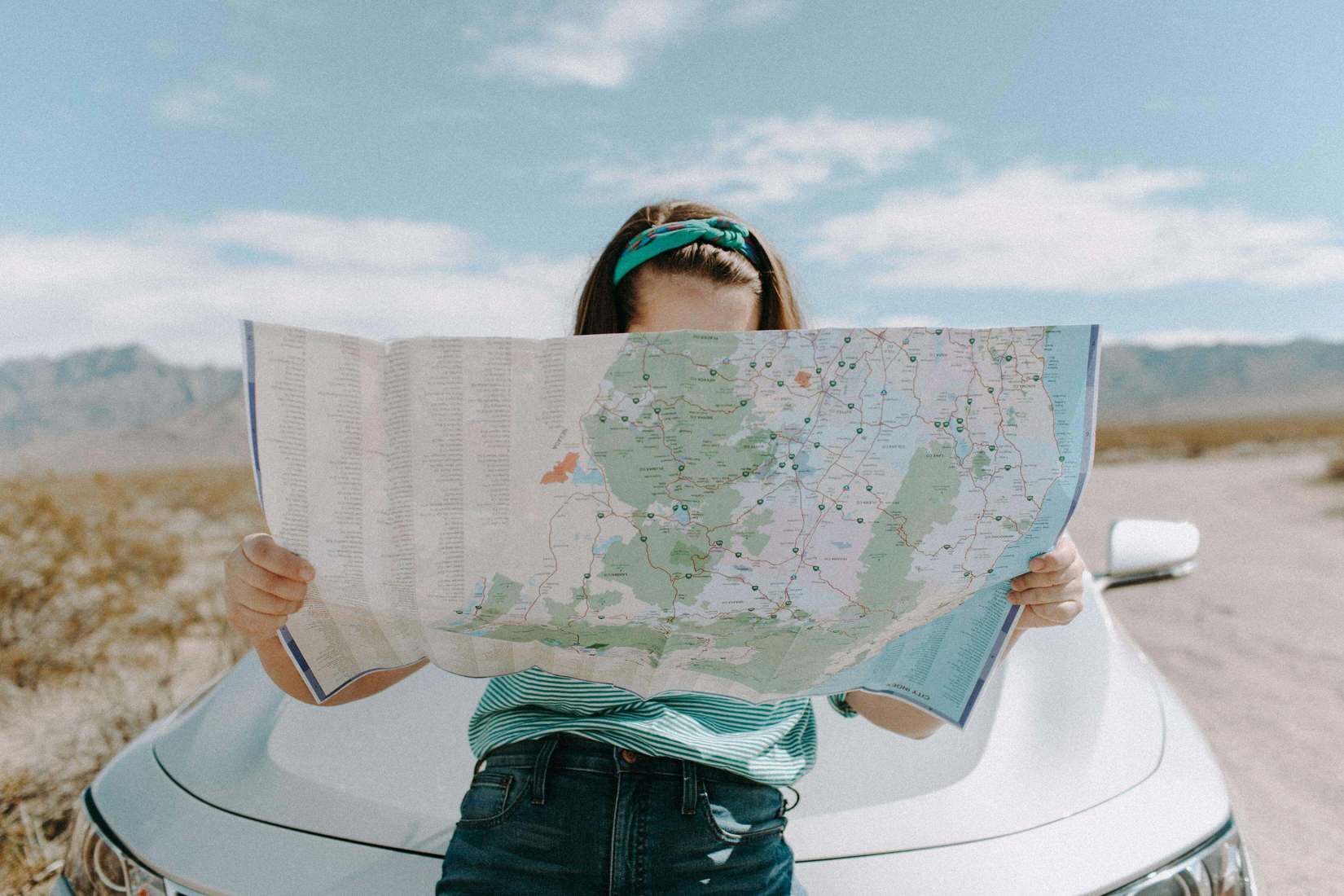
Scouting is an old tradition- one that predates civilization. In fact, one can argue that scouting gave birth to society. Without the expansive natures of a bold few, men would still be living in caves. In primitive times, men scouted for food and water. But as agricultural techniques were mastered, scouting took on a new a form.
Early scouts were colonizers- men looking for booty and tributes. These scouts were ferocious and without pity. One can think of Christopher Columbus as popular example.
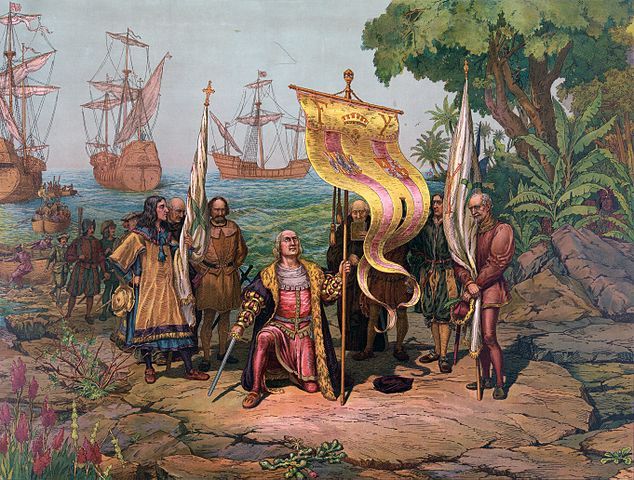
As time went on, blunt colonization became unpopular and as the industrialization roared, scouting took on a new form. Men began to scout countries using a more scientific approach. They surveyed the land, examined its raw materials, then exploited such findings. A good example is John Rhodes, a British scout who founded the diamond company DeBeers. Through clever propaganda and resource monopoly, Debeers convinced the public that diamonds were scarce, shooting prices up.
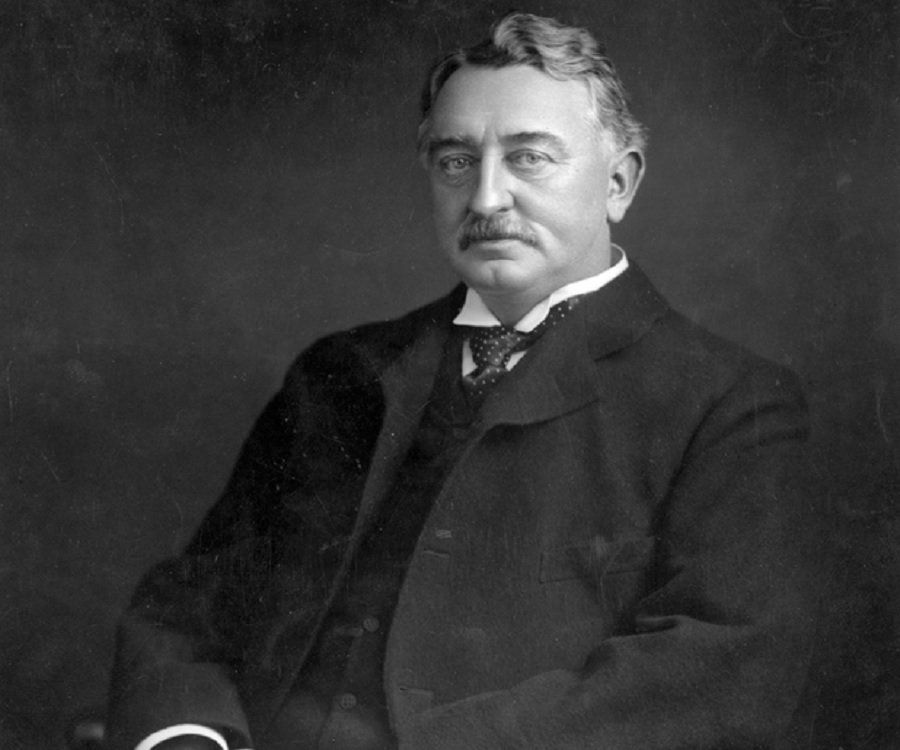
As the industrial revolution continued, scouting became increasingly sophisticated. Private patrons and governments alike would hire scouts to study not just land texture but the psychology of different populations. This went on for some time until a giant hiccup occurred… the two World Wars.
World War I and World War II marked an important shift in scout practice. Due to the dire need for intelligence, governments were heavily spying on each other. The U.S. federal government established the Office of Strategic Services (OSS) as an agency to coordinate espionage activities. The OSS later became the CIA. The U.S Navy, responsible for much of the pre-assault reconnaissance at the time also established the Scouts and Raiders, which later became the infamous Navy Seals. These two strategic moves shifted scouting from primarily a civilian activity to almost exclusively a government one. Scouting became a clandestine operation monopolized by the government.
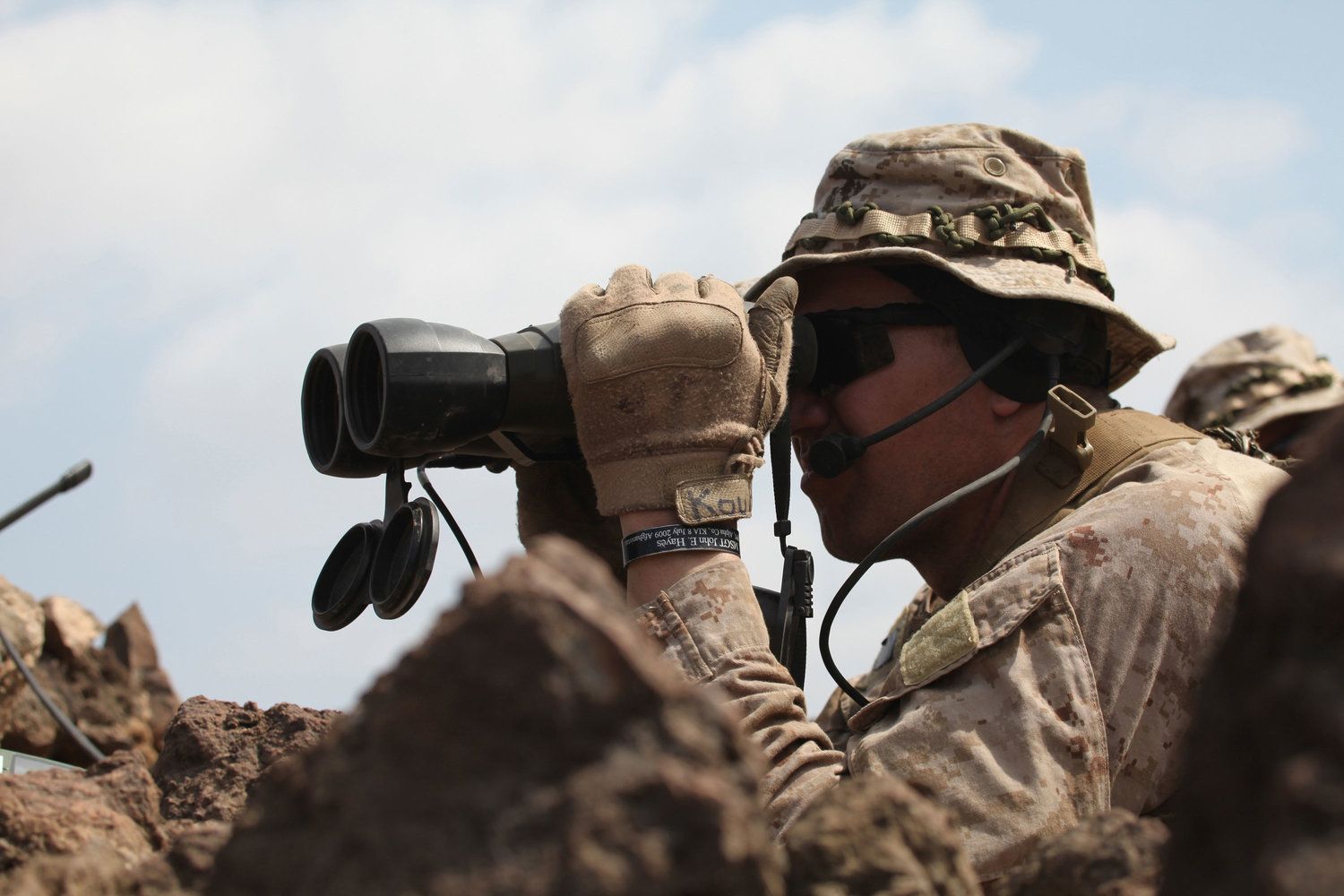
This brings us to today, the age of cities where scouts are known as urban explorers. With espionage being a government monopoly, these urban explorers had nowhere to unleash their scouting instincts except for abandoned places. Now there is a new challenge for them. Cities have developed into such complex hives that they require dedicated explorers to explore their hidden layers and share them with the public.
The job of a scout today is a bit different from that of his ancestors. He or she must explore different neighborhoods, examine their population, keep an eye on local developments, study routes, and most importantly, find secret spots people can enjoy.
Those of you unfamiliar with the CityXcape app and its concept of secret spots can learn more here. However, if the job of scouting already sounds exciting to you, click the button below to enlist!
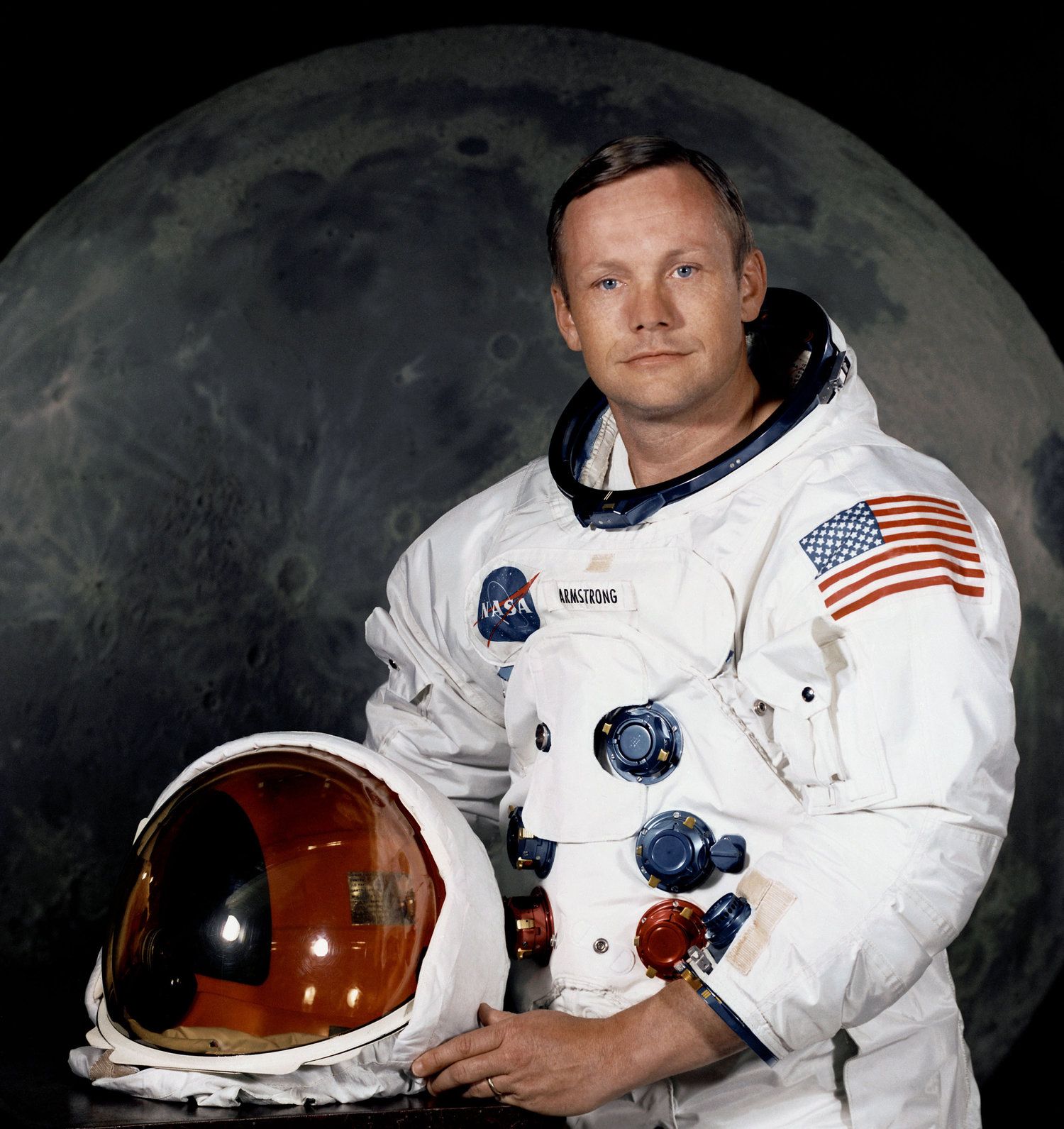
Armstrong is the first scout to explore the moon. Many don't see astronauts as scouts but they are. In fact, the word astronaut literally means space sailor. Scouts of the future will explore and analyze planets, not abandoned territories in cities.
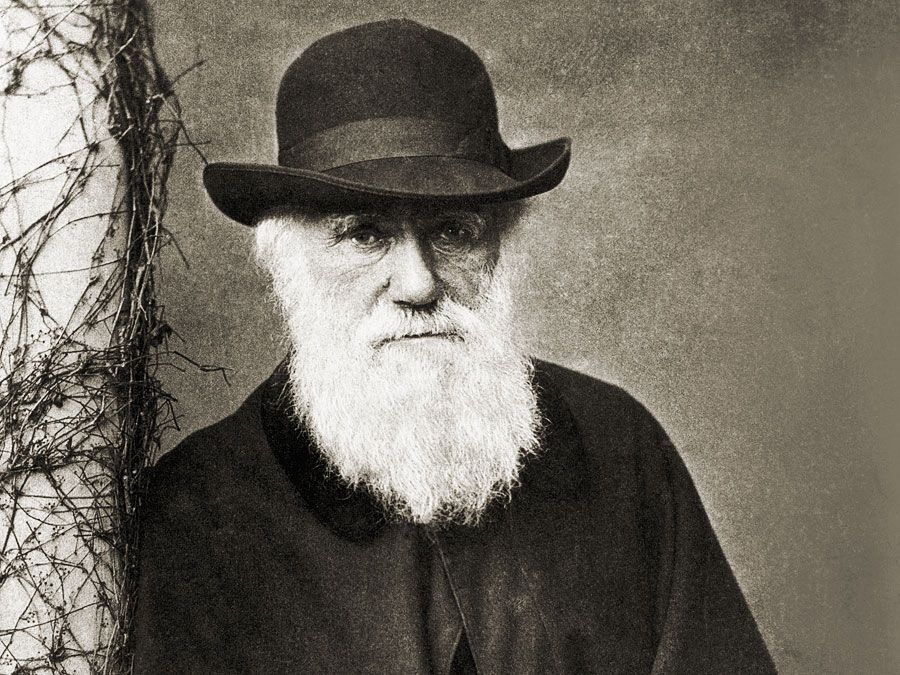
The first scout to use his explorations for major scientific discoveries. Similar to Armstrong, most folks don't realize that Darwin's theory was mostly developed from observation during his long travels. Darwin's expedition was a five year exploration.
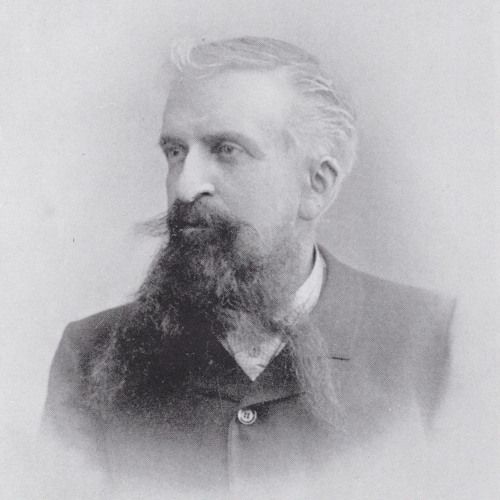
Le Bon is known for his work on crowd psychology, but he was also a scout. He spend decades studying Arabia and parts of Africa. He was one of the first to use scouting as a serious technique for psychological and sociological study. His work on crowd psychology shows the superior results of this technique.
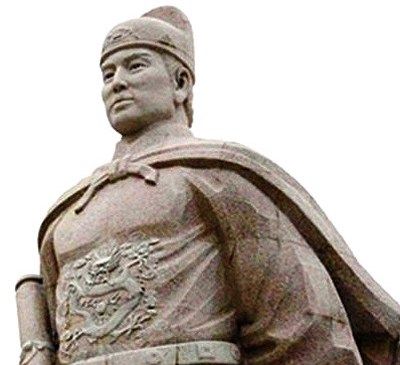
Zheng He is an eunuch that explored much of India and the African Coast. Some even argue that he had traveled the Atlantic and discovered America before Columbus. Controversies aside, Zheng He is responsible for establishing China as the superpowers of the Indian ocean by establishing trade lines in the new area. This goes to show how much scouting plays a vital role in establishing new commerce.
